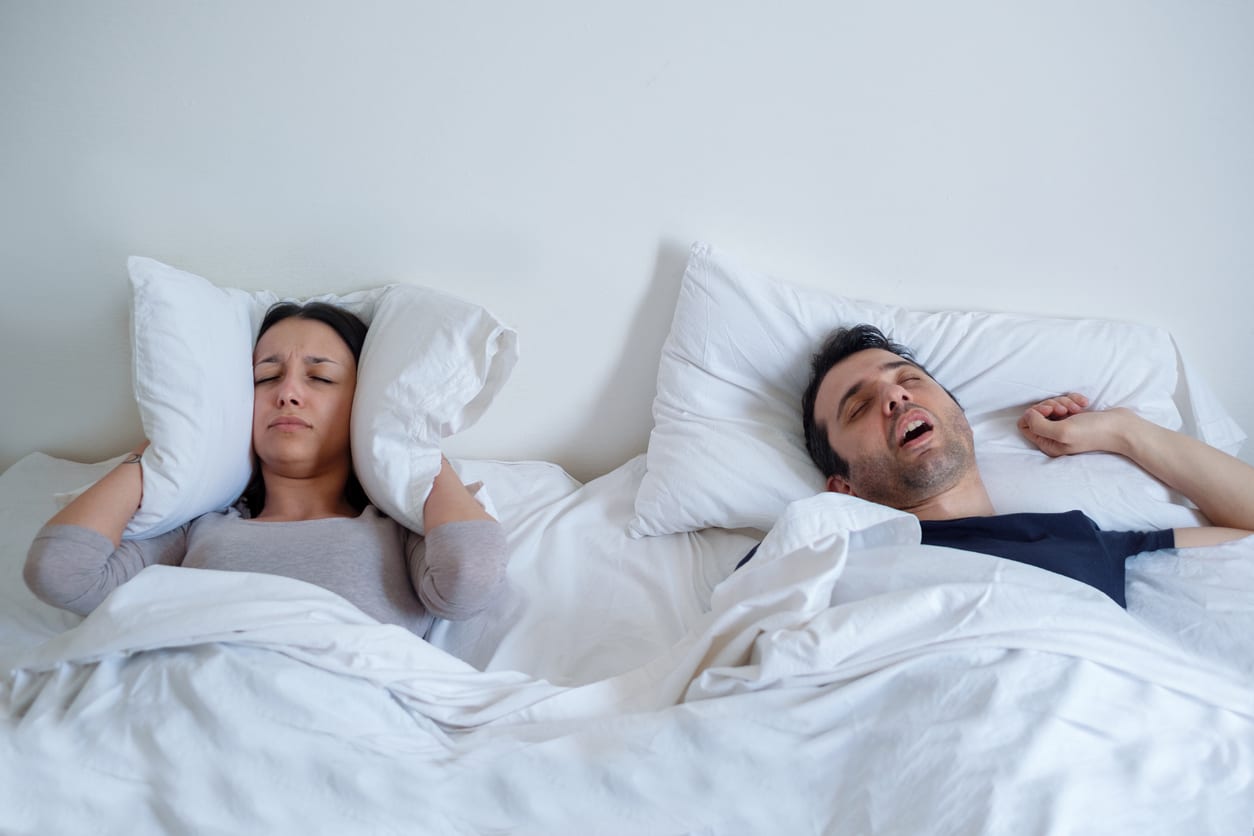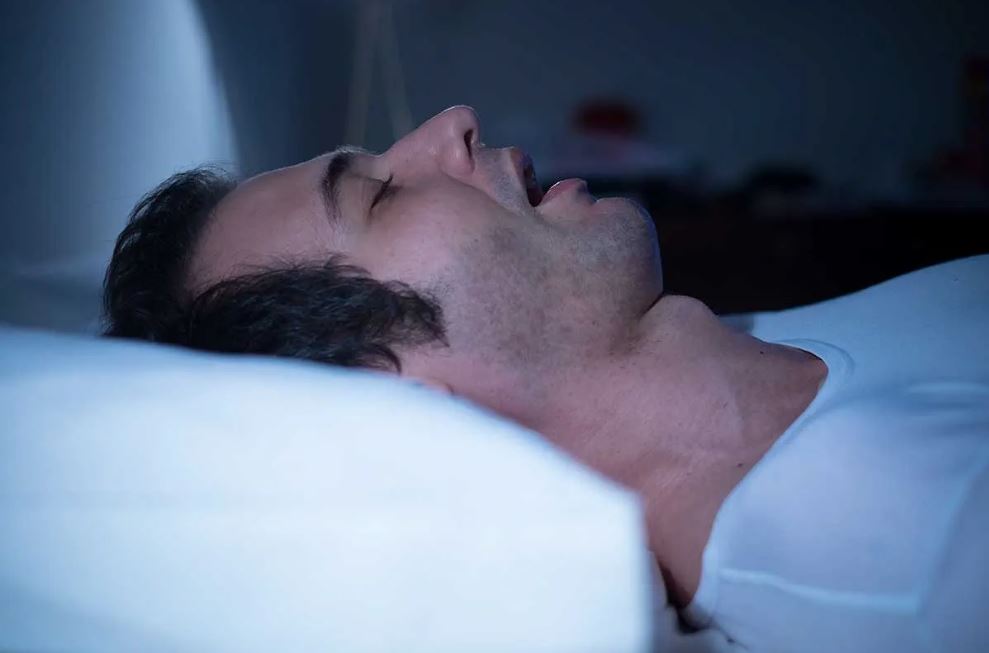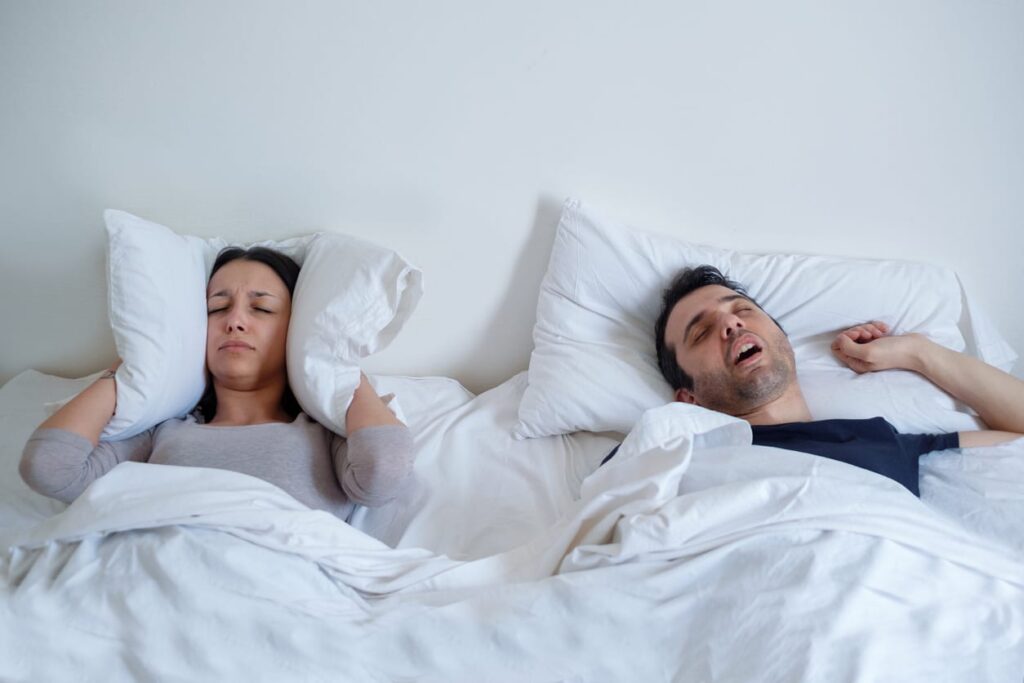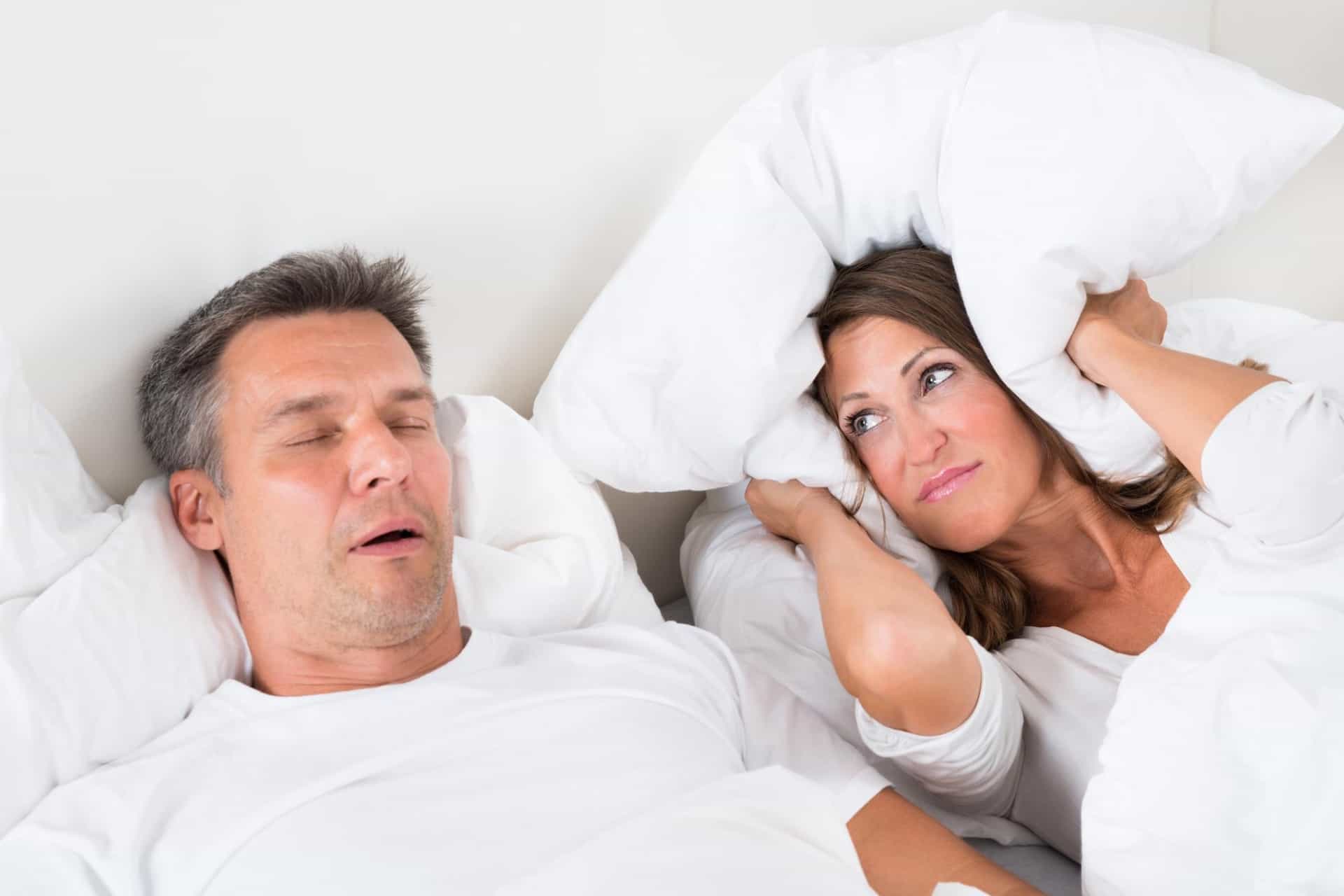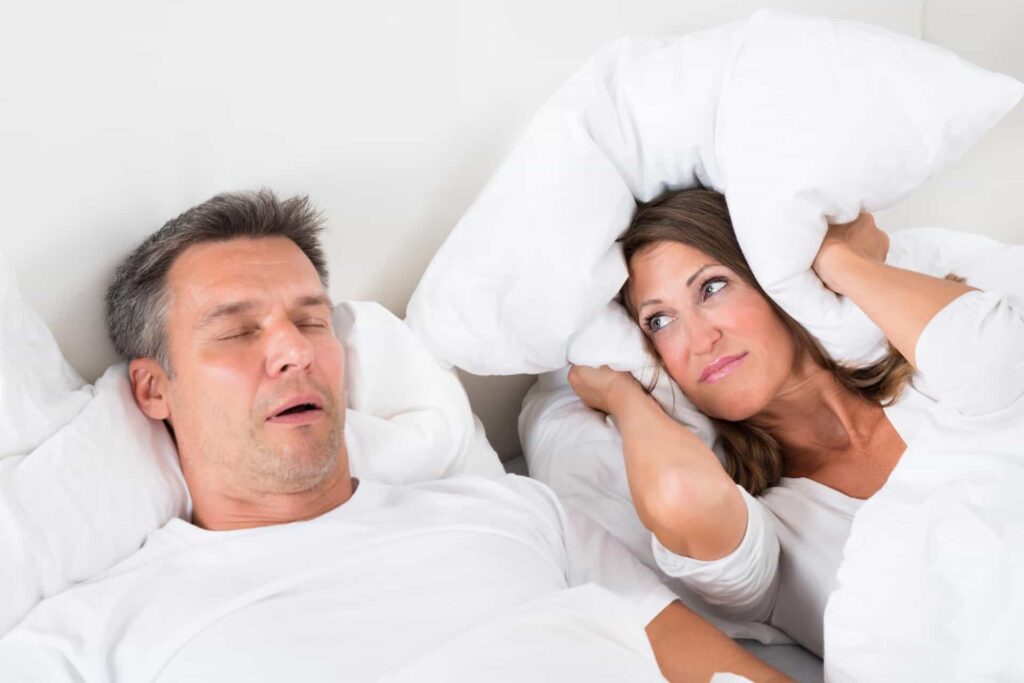People with sleep apnea feel exhausted the next day, even after getting a “full” night’s rest. The very idea of having blocked or lapsed breathing is frightening enough, but those who really have it also suffer from secondary concerns including marital troubles, weight gain, and reduced cognitive functioning. These problems are caused by the secondary effects of the primary condition.
Even more concerning, research has shown that long-term impacts might hasten the development of hereditary characteristics such as androgenetic alopecia. In addition, there is a correlation between increased stress and living with sleep apnea symptoms, which raises further concerns regarding sleep and hair loss. This link cannot be denied. These preliminary findings raise the question of whether or not sleep apnea may lead to hair loss.
What Are the Roots of Hair Loss?
- Certain haircuts that put a lot of stress on the follicles and the scalp, as well as treatments (such using hot oil);
- Certain hormonal and medical situations, like pregnancy, thyroid problems, and alopecia areata;
- Hair loss can be predicted by looking at a person’s family history. Androgenetic alopecia, often known as male-pattern baldness or female-pattern baldness, is the most prevalent cause of hair loss.
- A traumatic incident or chronic stress
- Medications and health supplements connected to high blood pressure, arthritis, and some kinds of cancer

A study on sleep that was conducted in 2017 found a variety of connections between chronic sleep loss and both short-term and long-term health problems. The stress that is brought on by ongoing disturbance might hasten the manifestation of hereditary characteristics like androgenetic alopecia.
Obstructive Sleep Apnea and Alopecia
There is not a clear causative connection between alopecia and sleep apnea; nonetheless, there is sufficient data to show a link between the two conditions. It is normal for people to have daily hair loss, which is followed by the growth of new hair as a replacement. The circadian rhythm, also known as an internal clock, plays a role in this process. Read more about Treating Nighttime Reflux from GERD With Sleep Apnea CPAP Machine by visiting https://healthonlinezine.info/treating-nighttime-reflux-from-gerd-with-sleep-apnea-cpap-machine/
A study that was done in 2014 discovered a connection between maintaining a regular circadian rhythm and maintaining the integrity of newly regenerated stem cell tissue. Hair follicles were affected by the extended interruption in the sleep-wake cycles of the animals that were studied. The findings raise additional concerns about the possible connection between insufficient sleep and thinning hair in humans.
The sleep-wake cycle has an impact on the production of melatonin, which is occasionally used topically as a treatment for balding or thinning hair. Secretion of melatonin occurs during typical periods of sleep, although this process can be hampered by conditions such as irregular sleep-wake cycles or chronic tiredness, both of which are symptoms of sleep apnea.

Poor sleep quality, obstructive sleep apnea, and hair loss are all linked.
The most frequent type of sleep apnea is called obstructive sleep apnea, and it is defined by the relaxation of the muscles of the throat. The relaxation makes it more difficult for air to move through, which results in snoring and a drop in the amount of oxygen in the blood. When the brain detects that a person is exerting themselves to breathe, it temporarily rouses them from sleep (so brief a sleeper may not remember). This cycle may recur more frequently than thirty times every hour during the night. Click here to get can exercises help reduce risk or improve symptoms of sleep apnea?
The disturbance accumulates over time, resulting in persistent fatigue and, in some circumstances, a neurobiological ‘cost’ or ‘sleep debt.’ A lack of quality sleep is the first step in the cycle of sleep deprivation and hair loss. This leads to increased stress in one’s personal, professional, and familial life, which in turn adds to hair loss.
How does stress play a role in the thinning of hair that is associated with sleep apnea?
This can occur in one of three ways:
- Psychosomatic reactions to stress, such as tugging at one’s hair or eyebrows, have been shown to be triggered by stress. Trichotillomania is an impulse control disorder that causes patients to compulsively pull off their hair.
- When a person is under a significant amount of stress, their hair follicles enter a dormant or sleeping state. Because of the accumulation, the impacted hairs become more likely to break off when they are washed or combed in the future.
- Severe stress triggers an immune system reaction, such as that seen in alopecia areata, which instructs the body to target hair follicles, resulting in hair loss.

Sleep Apnea Remedies
The condition can be treated with a variety of treatments, both at home and at medical facilities.
- Increasing oxygen flow in the body by physical activity (yoga, running, etc.); this may be done by:
- Keeping a healthy weight
- Utilizing oral appliances (to keep airways open when sleeping)
- Staying away from alcoholic beverages and tobacco products
CPAP treatment is something that medical professionals could recommend. Sleep apnea sufferers are able to reap the advantages of a restful night’s sleep thanks to the unblocking of their breathing passages by a CPAP machine. The continuous positive airway pressure (CPAP) machine produces a steady flow of air and exerts just the right amount of pressure to keep the airway in the back of the neck open while the user sleeps soundly.
Benefits of Using a CPAP Machine Include:
- Lower chance of getting type 2 diabetes
- Lower risk of developing heart disease and stroke
- an increase in attentiveness throughout the day
- an improvement in both focus and emotional steadiness
What to Do If You’re Worried About Sleep Deprivation and Losing Your Hair
Consider undergoing a sleep study if you are experiencing symptoms that may be connected to sleep apnea or if you suspect that you may have sleep apnea symptoms. Not getting enough sleep may lead to a range of health problems, including heart disease, poor performance at work, and strained personal relationships, in addition to hair loss.
When it comes to enhancing the overall quality of your life, conducting research is an essential step. The most effective therapy as well as preventative measures can be prescribed by specialists once a thorough diagnostic has been performed. You have access to a number of different sleep tests, all of which are directed by knowledgeable and compassionate experts who are standing by to assist you.


